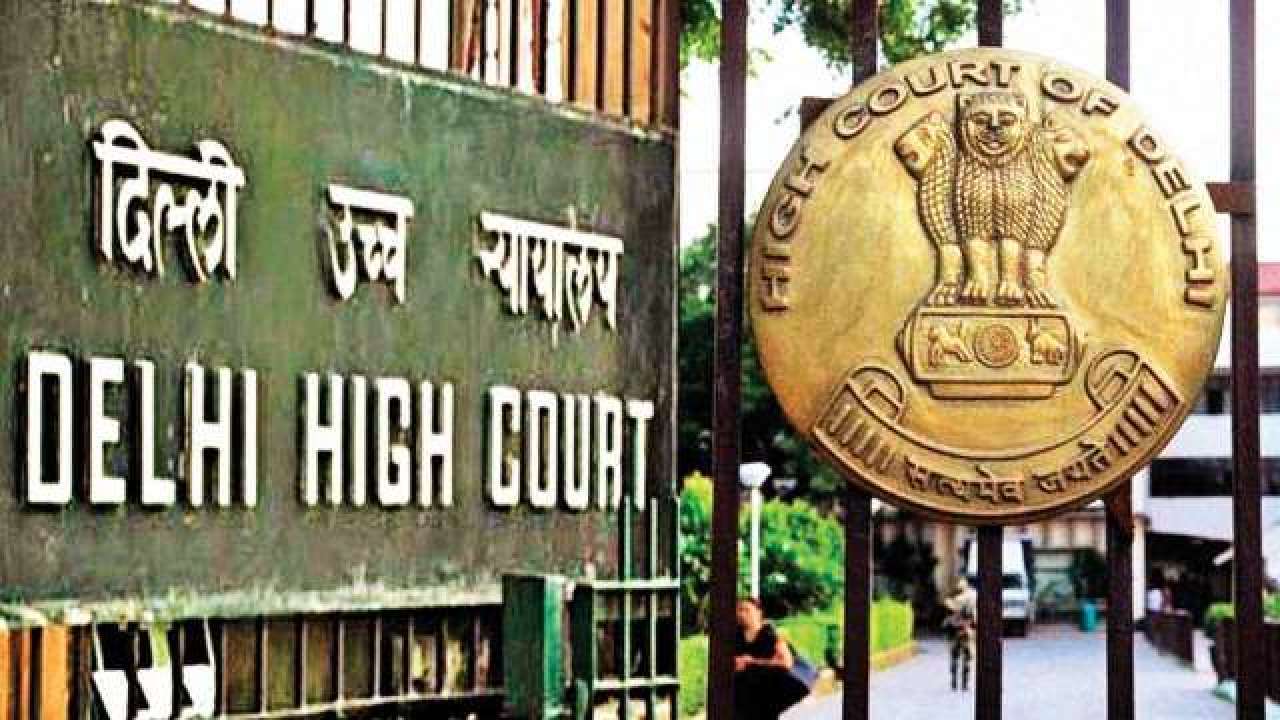The purpose of S.362 Cr.P.C is that once a Court delivers the judgment that Court becomes functus officio and thereafter it cannot reconsider or modify the judgment. Application under S.482 cannot be used to short-circuit other proceedings which are subsisting between the parties. This was held in SOMBIR DAGAR & ORS v. THE STATE GOVT OF NCT OF DELHI AND SOMBIR DAGAR v. THE STATE GOVT OF NCT OF DELHI [CRL.M.C. 314/2015 & CRL.M.C. 315/2015] in the High Court of New Delhi by single judge bench consisting of JUSTICE SUBRAMONIUM PRASAD.
Facts are that due to matrimonial disputes between the petitioner and the respondent F.I.Rs were registered for offenses under Sections 498A, 406, 34 IPC. Parties entered compromise and Court by an order quashed the two FIRs with recourse to law. Applications have been filed for recalling the prior order on the ground the compromise had been obtained by the petitioners by giving false assurances to the Court.
The counsel for the applicant stated the petitioner has beaten, humiliated and thrown out the petitioner and argued that the sole purpose of compromise was to get the FIRs quashed by fraud. He placed reliance on Sanjeev Kapoor v. Chandana Kapoor to support that the case fell under exceptions to embargo u/s 362 Cr.P.C.
The court referred to the Apex court judgment in the case of Nazma v. Javed, where in it was held that, “The practice of filing miscellaneous petitions after the disposal of the main case and issuance of fresh directions in such miscellaneous petitions by the High Court are unwarranted, not referable to any statutory provision and in substance the abuse of the process of the court.”
The court relied on the judgement of Simrikhia v. Dolley Mukherjee, where the Apex Court had discussed the scope of Sections 482, wherein the following observations were made, “The inherent jurisdiction of the High Court cannot be invoked to override bar of review under Section 362. It is clearly stated in Sooraj Devi v. Pyare Lal [(1981) 1 SCC 500 : 1981 SCC (Cri) 188], that the inherent power of the court cannot be exercised for doing that which is specifically prohibited by the Code. The law is therefore clear that the inherent power cannot be exercised for doing that which cannot be done on account of the bar under other provisions of the Code. The court is not empowered to review its own decision under the purported exercise of inherent power.”
Considering the facts of the case and the earlier precedents the court held that, It cannot be said that the petitioner has misled the Court or suppressed facts when both the parties came before the High Court and pleaded that they have settled all their disputes and the proceedings against the petitioner be quashed. Thus the application is dismissed as it is barred under S.362 Cr.P.C.


